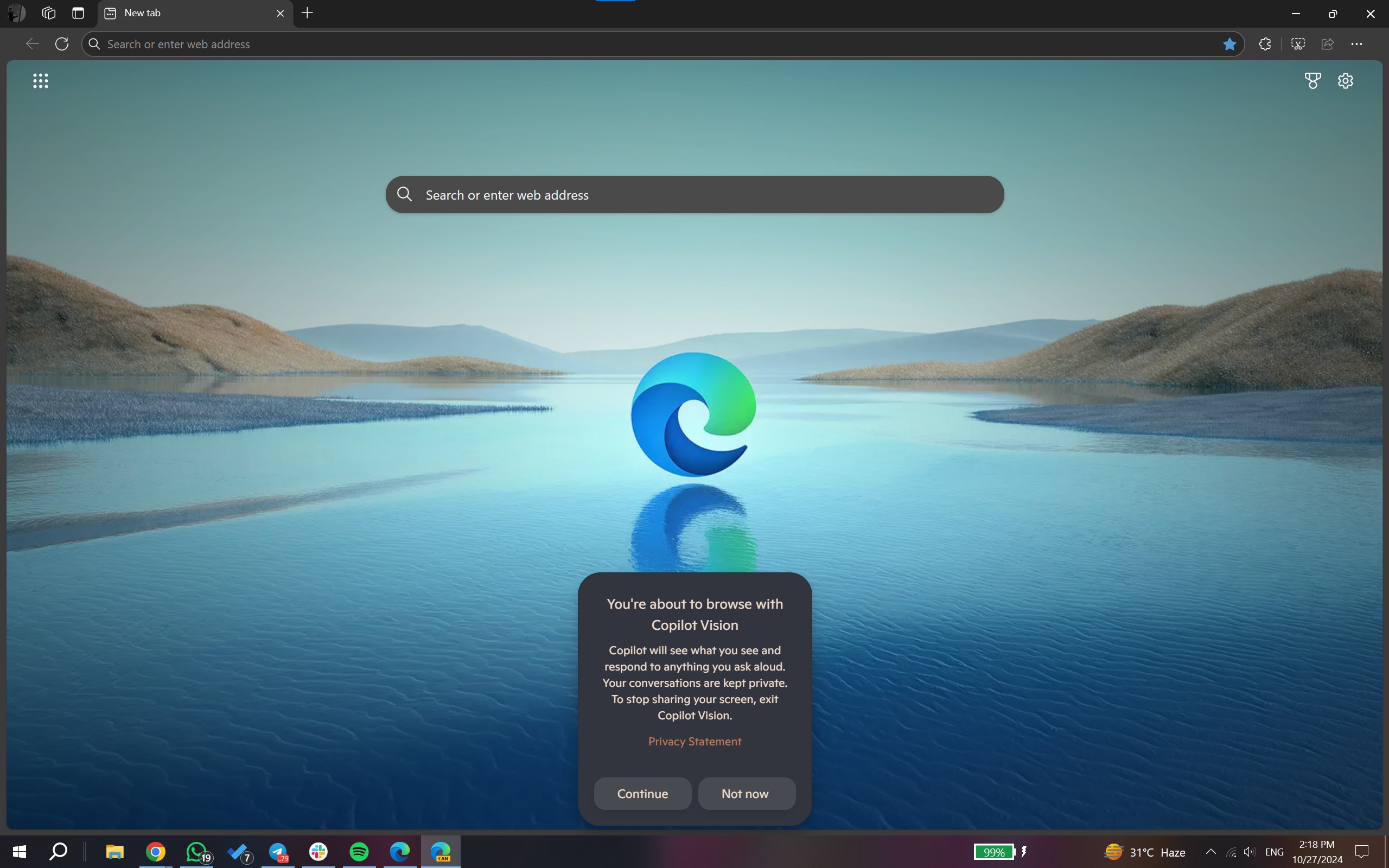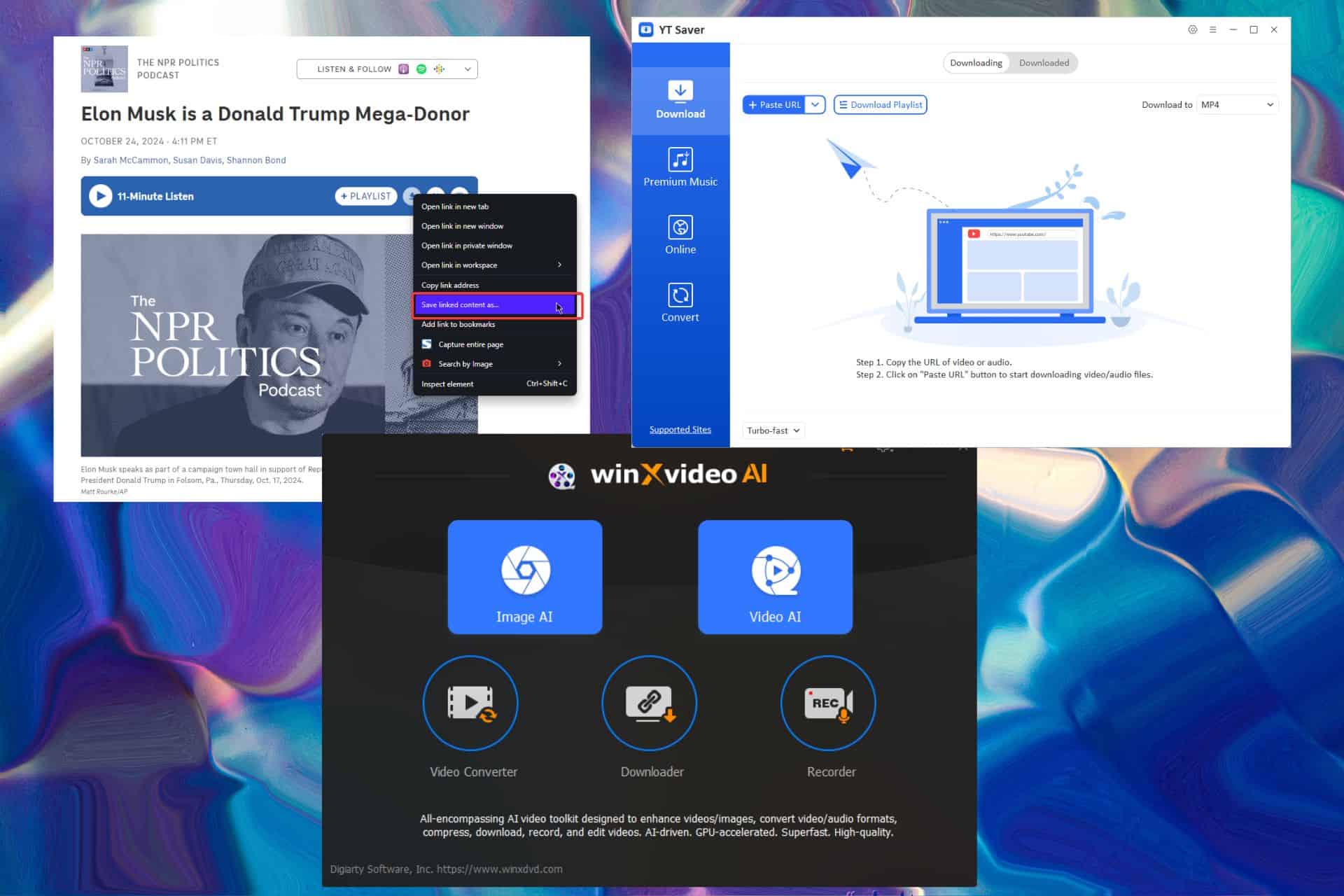After Purple Hat’s resolution to solely share RHEL supply code with subscribers, AlmaLinux requested their bug report submitters to “try to check and replicate the issue in CentOS Stream as nicely, so we will focus our vitality on correcting it in the appropriate place.”
Purple Hat informed Ars Technica they’re “desperate to collaborate” on their CentOS Stream distro, “even when we in the end compete in a enterprise sense. Differentiated competitors is an indication of a wholesome ecosystem.”
However Purple Hat nonetheless managed to ruffled some feathers, reviews ZDNet:
AlmaLinux Infrastructure Workforce Chief Jonathan Wright not too long ago posted a CentOS Stream repair for CVE-2023-38403, a reminiscence overflow drawback in iperf3. Iperf3 is a well-liked open-source community efficiency check. This safety gap is a crucial one, however not an enormous drawback.
Nonetheless, it is higher by far to repair it than let it linger and see it will definitely used to crash a server. That is what I and others felt anyway. However, then, a senior Purple Hat software program engineer replied, “Thanks for the contribution. Right now, we do not plan to deal with this in RHEL, however we’ll maintain it open for analysis primarily based on buyer suggestions.”
That went over like a lead balloon.
The GitLab dialog proceeded:
AlmaLinux: “Is buyer demand actually essential to repair CVEs?”
Purple Hat: “We decide to addressing Purple Hat outlined Important and Vital safety points. Safety vulnerabilities with Low or Average severity will probably be addressed on demand when [a] buyer or different enterprise necessities exist to take action.”
AlmaLinux: “I may even perceive that, however why reject the repair when the work is already achieved and simply must be merged?”
At this level, Mike McGrath, Purple Hat’s VP of Core Platforms, AKA RHEL, stepped in. He defined, “We must always in all probability create a ‘what to anticipate whenever you’re submitting’ doc. Getting the code written is simply step one in what Purple Hat does with it. We might have to verify there aren’t regressions, QA, and many others. … So thanks for the contribution, it appears to be like just like the Fedora facet of it’s going nicely, so it’s going to find yourself in RHEL in some unspecified time in the future.”
Issues went downhill quickly from there…
On Reddit, McGrath mentioned, “I’ll admit that we did have an ideal alternative for a good-faith gesture in the direction of Alma right here and fumbled.”
Lastly, although the Purple Hat Product Safety workforce rated the CVE as “‘Vital,’ the patch was merged.
Coincidentally, final month AlmaLinux introduced that its transfer away from 1:1 compatibility with RHEL meant “we will now settle for bug fixes exterior of Purple Hat’s launch cycle.”
This Thursday AlmaLinux additionally reiterated that they are “absolutely dedicated to delivering the very best expertise for the neighborhood, regardless of the place or what you run.” And in an obvious transfer to beef up compatibility testing, they introduced they’d be bringing openQA to the RHEL ecosystem. (They describe openQA as a software utilizing digital machines that “simplifies automated testing of the entire set up means of an working system in a large mixture of software program and {hardware} configurations.”)



















.jpg)



